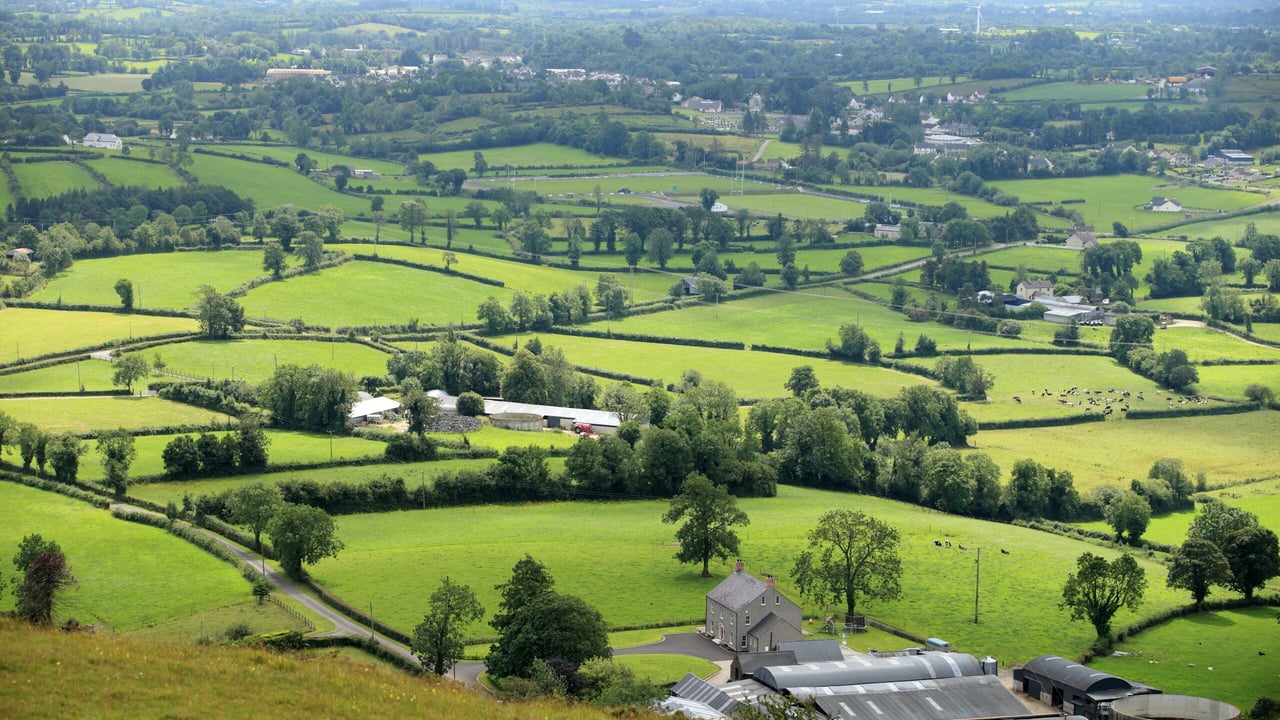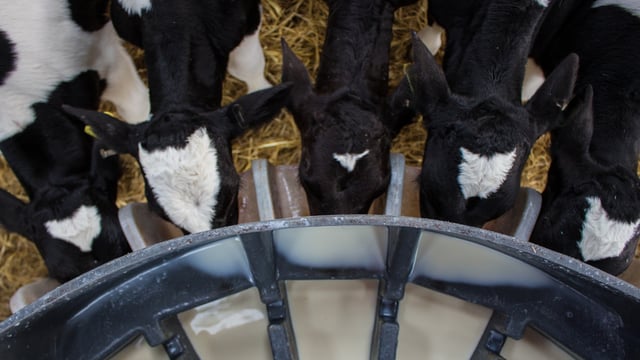Non-derogated manure export submission date extended - UFU
The Ulster Farmers’ Union (UFU) has successfully lobbied the Northern Ireland Environment Agency (NIEA) to secure an extension for farmers and agents unable to submit their non-derogated manure export records, due to disruptions caused by Storm Éowyn.
Following UFU intervention, NIEA has confirmed that while the online submission system will close as planned at 11.59pm on January 31, 2025, submissions will now be accepted via email until 11:59pm on February 14, 2025.
According to the UFU, this extension provides much-needed flexibility for farm businesses affected by power outages and internet access difficulties caused by the storm.
UFU deputy president, John McLenaghan, said: “This is a significant win for our members who were understandably concerned about meeting the strict online deadline in the wake of recent storm-related disruptions.
"We commend the Minister and NIEA for recognising the difficulties farmers faced and agreeing to our call for a practical solution. This extension will ensure that those impacted by unforeseen technical issues can still comply with regulatory requirements.”
According to Northern Ireland's Electrical Networks (NIE Networks), as of this morning (Thursday), January 30, 15,300 customers remain without electricity across Northern Ireland, while power has been restored to 269,700 properties in the wake of the storm.
Over 1400 of its staff have reportedly been "working around the clock" to fix power cuts across the country and are being assisted by a team of 200 electricity engineers, helicopters, drones, generators and other replacement parts redeployed from other parts of the UK.
While the UFU have acknowledges the "tremendous efforts" of first responders, it has called on service providers to prioritise rural communities in their restoration efforts, who it claimed, may be more acutely impacted by the power and service outages.
McLenaghan highlighted the severe implications of disconnection for rural life, particularly on farmers, who are contending with disruptions during what is an exceptionally busy time in the farming calendar with Spring calving and lambing season in full swing.
“This is one of the busiest times of the year, and every day without power or water is incredibly challenging. Farmers rely heavily on connectivity for essential tasks such as checking weather forecasts, placing supply orders, and maintaining vital records,
"The inability to make phone calls or access broadband creates a dangerous level of isolation for rural families and farm businesses. For many, these connections are their primary means of staying informed, managing farm operations, and accessing support networks," he added.
He also expresses concerns over the potential mental health implications of being off the grid, which he believes, only adds to experiences of rural isolation in farming communities.
“Rural isolation is already a well-documented challenge, and being cut off from communication adds an additional layer of stress and anxiety. For those already living in remote areas and working alone, losing contact with family and community networks can be overwhelming.
“We cannot leave rural areas behind in the digital age. Access to reliable electricity and communication is a necessity. We urge the relevant organisations to act quickly to ensure no one is left cut off or unsafe,” McLenaghan said.





